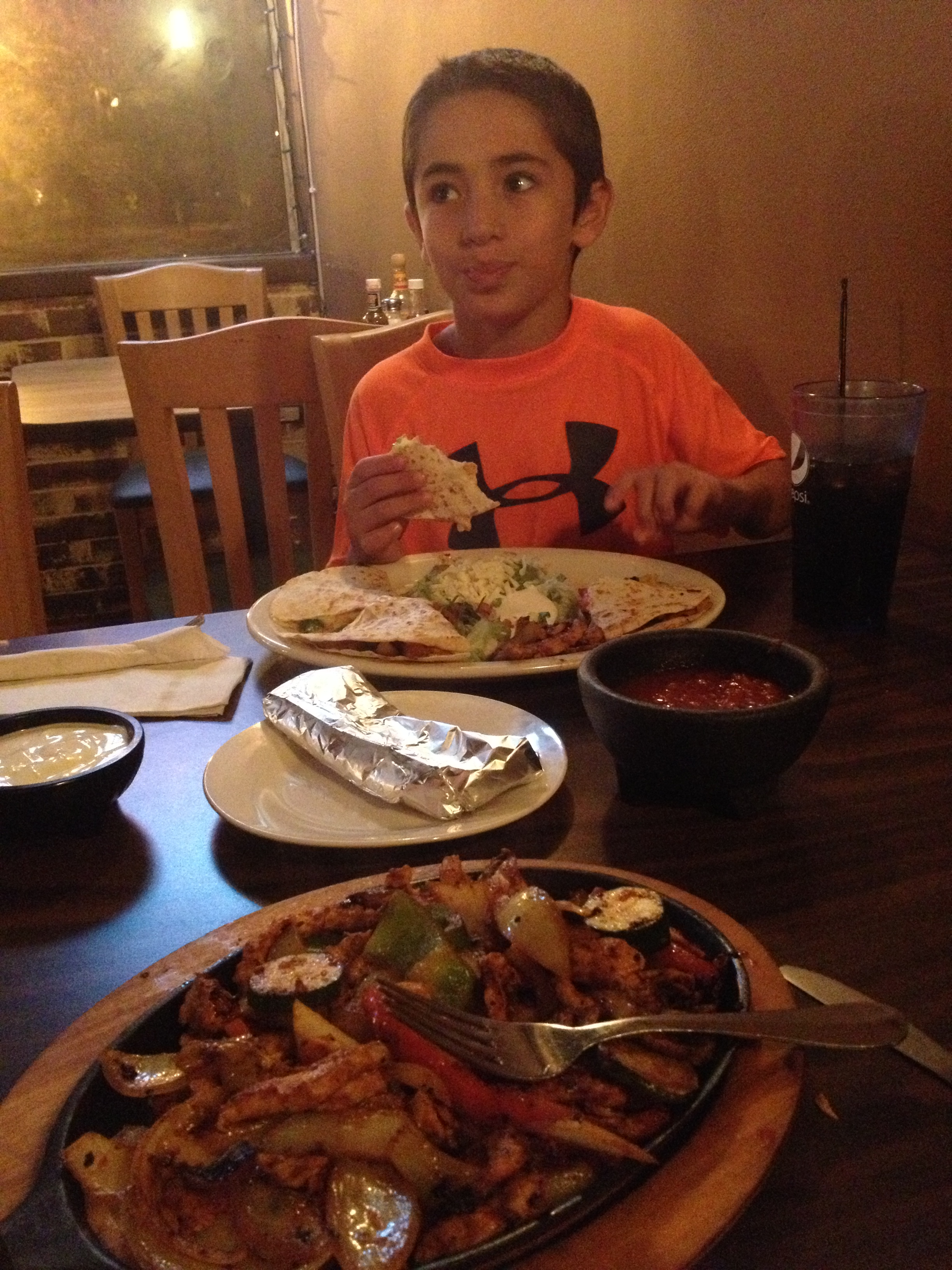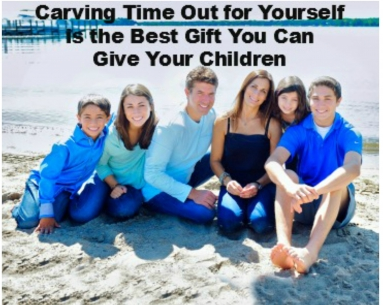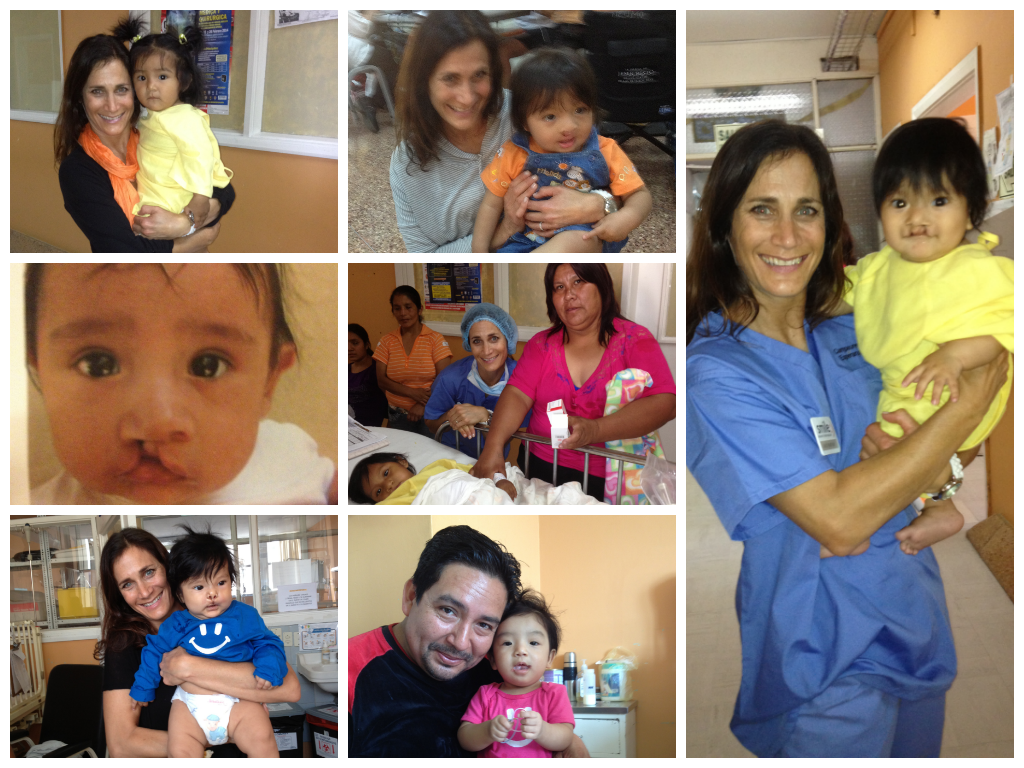
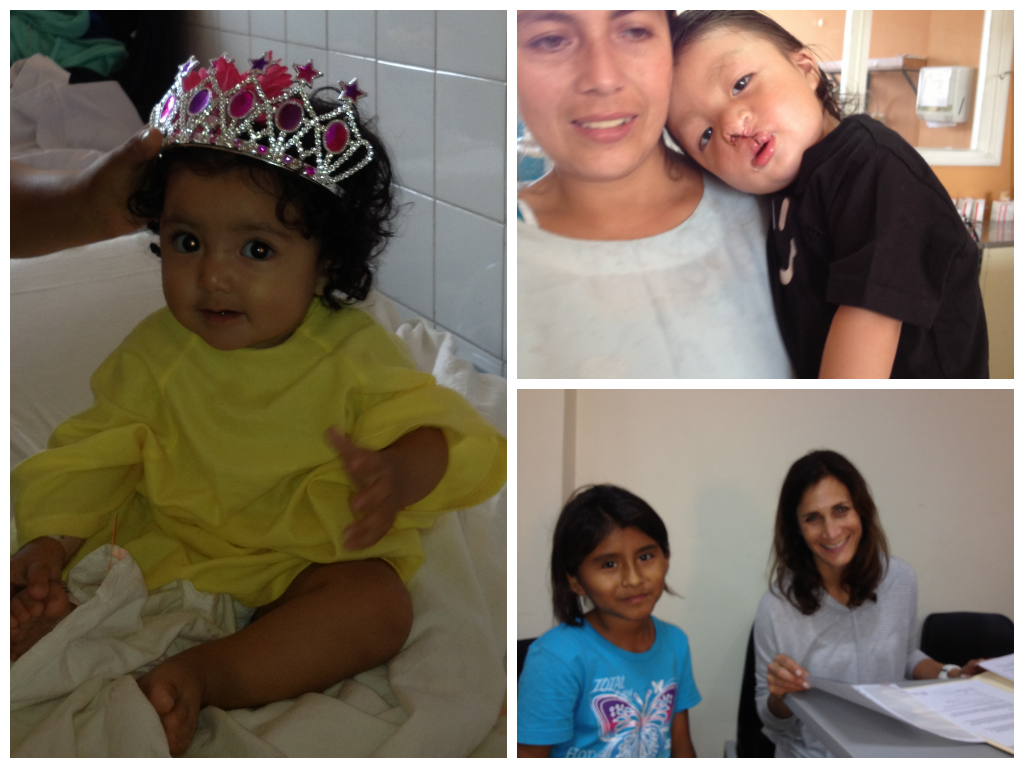
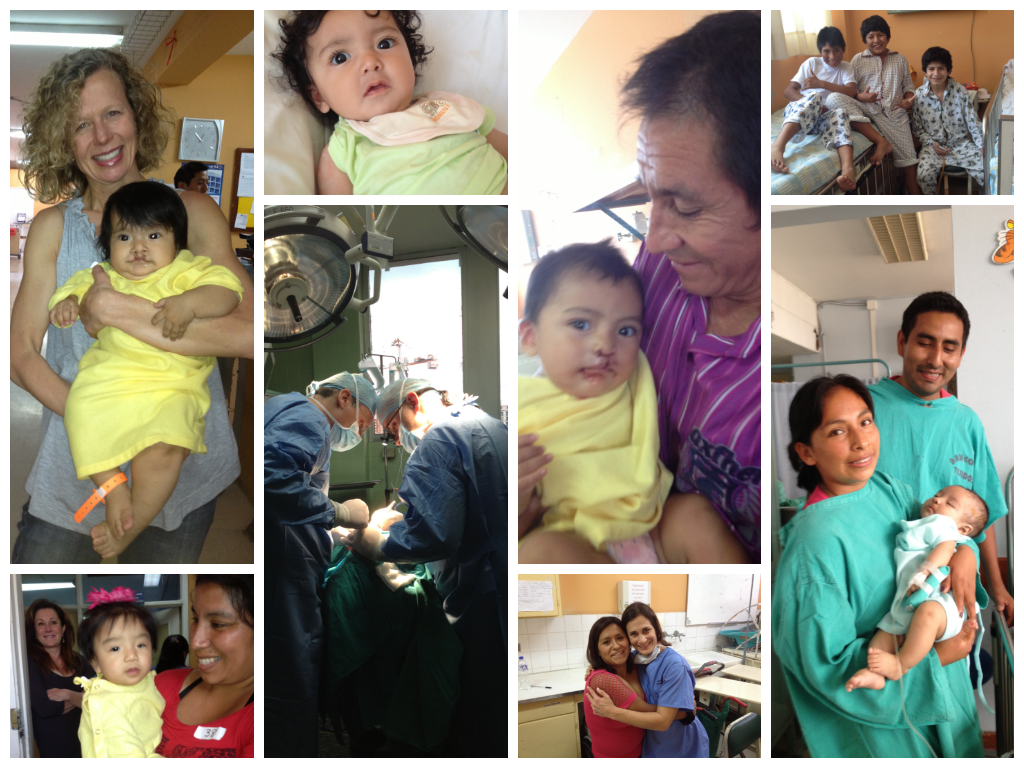
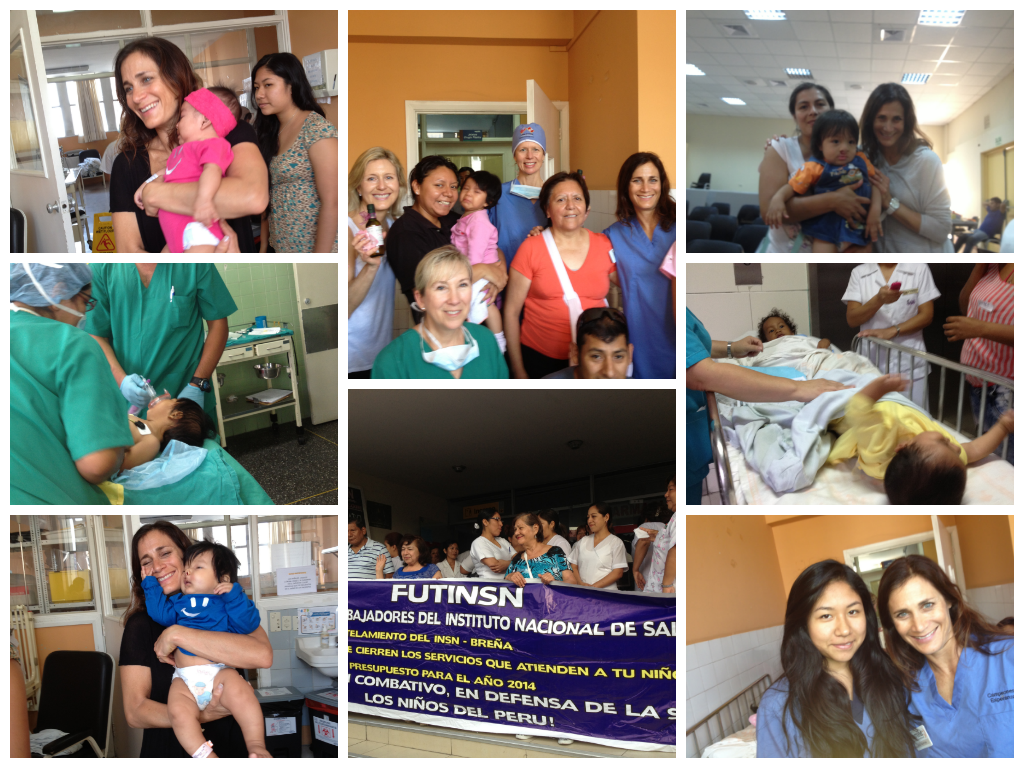
As I look back at my last post about preparing for my trip to Peru, I notice that much of my focus was about the anxiety I felt in leaving my family for nearly two weeks. I am extremely grateful to have returned home safely and to realize that most of my nervousness about leaving was, of course, completely unnecessary. My kids didn’t miss a beat in my absence, and my experience in Peru was everything I hoped for and more, impacting the deepest parts of my soul.
No one can prepare you for how you are going to feel when you are immersed in a place where you see so clearly the fragility of life, and yet see how incredibly strong the power of love is. A place where you feel that you are making a difference and yet there is so much more you want to do to help.
I was immersed in a world so far from my own. A world in which, despite my Rosetta Stone lessons, I struggled to communicate with the Spanish-speaking Peruvians. And yet, through my broken Spanish and their broken English, we often found that we could understand one another. I was in awe of how most of the Peruvians I met lived with so little, and yet they did not complain.
Many of the “life-altering” aspects of my journey are buried deep in my heart, however, I am going to try to give you a glimpse of how the Smile Network mission prompted me to access parts of myself that I didn’t even know existed. Thus, this blog post is longer than most, as I attempt to make some sense of, to process and to share with you some of the ways in which this experience has enriched my life and has significantly opened my heart and mind.
The Universal Language of Mothers=Love
Sixty-plus mothers (and several fathers) arrived with their children at the Children’s Hospital in Lima last week. Perhaps they had seen a flyer, or were informed by a doctor or friend that Smile Network International was to arrive at the Children’s Hospital in Lima on Feb. 1st. Some traveled for days by bus, with little or no money to support themselves. One mom explained that she had been staying in Lima with relatives for two weeks because she did not want to miss the opportunity for her child to have surgery.
On intake day, Nan and Dawn (friends who accompanied me on the mission) and I handled medical records, and gave each patient and their parent/s a number. At the end of the long day, the doctors (two plastic surgeons from the Mayo Clinic in Rochester and one from Cook Children’s Hospital in Texas, along with two residents from Mayo, and the chief of plastic surgery at the Lima Children’s Hospital) provided Gina, our mission coordinator and Kim Valentini, founder of Smile Network, the surgery schedule for the week. In turn, Gina and Kim, (with the help of the mission’s co-lead, Peruvian born, Ronnie, and Mira, another translator) alerted the families of their child’s surgery date and time,.
In the days that followed, however, we would soon realize that schedule changes were more the norm than the exception. Variables that were out of our control like prolonged surgeries and striking hospital workers (which occurred two of the 6 days we were there) made it nearly impossible to stick to the original schedule. The schedule changes were agonizing to some of the patients and their families (and the volunteers felt their pain as well).
Mothers and their children waited at the hospital from 6 a.m. to 7 p.m., with no comfortable place to sit, no air conditioning (temps in the 80s) and no toilet paper in the bathrooms, in hopes that their child would be called for surgery. And most of them were...eventually. The patients, ranging in age from 2 months to 10 years, needed to fast for 12 hours before surgery, and their cries of hunger could be heard well beyond the 3rd floor, where dozens of families crowded together to wait, and to hope.
Eight-year-old Lisbeth, was scheduled for a palette surgery on Monday (surgery day 1). After fasting all day, she was sent home Monday evening because the doctors were held up in another surgery. Volunteers assured her that her surgery would be on Tuesday and to come back the next morning fasting. When our mission coordinator had to break the news to her Tuesday evening that she would not have the operation that day either, she dropped her head into her hands, and said, “Oh my G-d.” Most of the volunteers cried with her and her devoted mother.
By Wednesday afternoon, Lisbeth was finally called for surgery. The nurses placed her on the gurney and led her to the elevator that would take her up to the operating room floor. Her mother looked at me with pleading eyes and motioned with a head tilt that said, “Please go with her.” I bolted up to the 7th floor and made it in time to meet Lisbeth at the elevator. Her eyes were filled with fear. All the waiting and the anticipation, and now the time had come for her to have her second operation to close her cleft palette. (Even when palette surgery is performed once, as patients grow, their palettes can open again, and a subsequent surgery can be necessary. Smile Network did not perform Lisbeth’s first surgery.)
Closing her palette meant that food and liquid would not pour out of her nose when she ate and drank, and that her speech would become more understandable.
I stayed with her as she waited in the hall outside the operating rooms. I hugged her and held her hand as tears dripped down her face, and tried to tell her in my broken Spanish that she was going to be okay. As the nurses rolled her into OR #2, my hand stayed connected to hers. I could sense her fear growing as she took in the machines, sharp instruments and needles present in the operating room. “Mama,” she cried, and I squeezed her hand tighter. I could no longer stop my own tears as I looked at her and thought of my youngest daughter, about the same age as Lisbeth. Despite her attempts to fight him off, the anesthesiologist secured the mask over her mouth. As she breathed in the sedating gas, she soon fell into a deep sleep. It was time for me to let go of her hand so I could step out into the hall and regain my composure.
“This is my girl,” I said to the doctor as he whisked past me to enter the operating room. “Take good care of her.” He nodded.
Lizbeth’s surgery was successful.
Fabriano is a beautiful 5-year-old boy who had a severe cleft palette. His mother is a single mother whose deep love for and devotion to her son is transparent. Fabriano’s surgery was extremely complicated and our amazing team of doctors worked for more than five hours to close up the gaping hole in his palette. Fabriano did not fair well after the surgery and needed to remain on a ventilator. There were no available rooms in the ICU and so for two days, Fabriano remained in the OR, because it held the only available ventilator. This meant that his mother was not allowed to see him. Our mission photographer took pictures of Fabriano to show his mother, which brought her some comfort. On day three, an ICU room opened up and the last I heard, Fabriano was improving, and that he is going to be okay.
Fabriano and his mother are continually in my prayers.
There is a story for each of the patients that Smile Network treated throughout the week, and I experienced many more “world stands still” moments. As I banded and gowned patients, rocked crying babies, played with older children waiting for surgery, distributed, toys, blankets and care kits that were donated to Smile Network, visited with other (non-Smile Network) patients on the ward (some whom have been there or will be there for months for various surgeries, recoveries and/or treatments), comforted mothers, chatted with fathers, fed and held babies after surgery, observed cleft lip and palette surgeries and transported messages from the OR to anxious mothers, and witnessed the elation and relief of mothers seeing their baby’s transformed smile for the first time after surgery, my heart was continually bursting with love and compassion for the patients and their families.
With Love, There is Sometimes Pain
There is an inevitable and unavoidable sadness that occurs when spending a week at a children’s hospital. Sadness in witnessing the sheer anguish of parents who had just received the news that their 4-year-old son did not make it through the brain surgery performed by Peruvian surgeons in an OR adjacent to the designated Smile Network’s operating rooms. My heart continues to ache for these parents. I can still see their faces.
Sadness in seeing the haunted, blank stare of a 16-year-old girl holding her 2-month-old baby after he was unable to undergo the cleft lip and palette surgery because the anesthesiologists could not stabilize him under sedation. And then later, when I saw her eyes filled with tears as she tried to console her crying baby and asked her if she had eaten all day, if she had any money, or if anyone was coming to the hospital to see her and her baby. Her answer to all three questions was a simple, empty, “no.” I gave her a sandwich, and put some cash in her hand, and hugged her—a child, all alone, with a two-month-old baby to care for.
I wanted to tell her it was going to be okay but I couldn’t.
Pivotal Moments
As I zigzagged between the sadness of some mothers and the elation of others, I tried to keep my own feelings in check. I was grateful that I could offer a smile, a hug or my arms to hold a baby. I loved to hear a mother’s sigh of relief and see her eyes fill up with tears of happiness when I delivered the messages from the OR. “I saw your baby. He’s doing great. The doctors said that the surgery is going really well. It won’t be much longer.”
I am grateful that I was able to be a part of an incredible team of doctors, residents, translators, a doctors' assistant, and a photographer who, in following Kim’s lead, volunteered their time, expertise and their hearts to practiced Tikun Olam (repairing the world) and reshape the lives of those helped at the Children’s Hospital in Lima.
I love knowing that each one of the families will walk away from the hospital, not only with a child whose smile is hopefully brighter, but also with the notion that there are people in this world who care about them deeply, and are willing to provide help. Kim Valentini formed the Smile Network from a place of love and compassion. Her daughter, when once asked if it was hard for her to have her mom gone so much simply stated, “If my mom isn’t taking care of these people, I don’t know who would.”
And the people who Kim touches with her work feel her commitment to them. The love and appreciation expressed by the Peruvian children and the families we served was immense. Parents and grandparents brought hand made gifts and small bottles of wine to the volunteers. They told us through their tears that they understood how much we are doing for them and that are eternally grateful.
What these people probably do not realize, however, is what a tremendous impact they have had on me; how grateful I am for the way they shared their love and trust with me; and that they have expanded my heart in more ways than I could have ever imagined.
As I said my emotional goodbyes to my new amigos in Peru, I hugged each one and told them, “Yo no te olvidaré.”
I will never forget you.
 It’ that time…already. My daughter is coming home this weekend after finishing her freshman year at college. I am truly in awe of how quickly the year has gone and how much I have learned over this past year.
I wanted to share a few insights about how this life transition has not only propelled my daughter to adapt, change and grow, but surprisingly has done the same for me.
It’ that time…already. My daughter is coming home this weekend after finishing her freshman year at college. I am truly in awe of how quickly the year has gone and how much I have learned over this past year.
I wanted to share a few insights about how this life transition has not only propelled my daughter to adapt, change and grow, but surprisingly has done the same for me.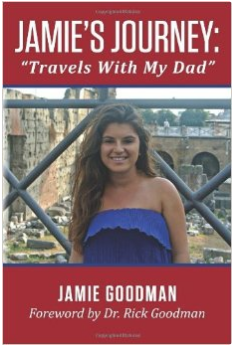
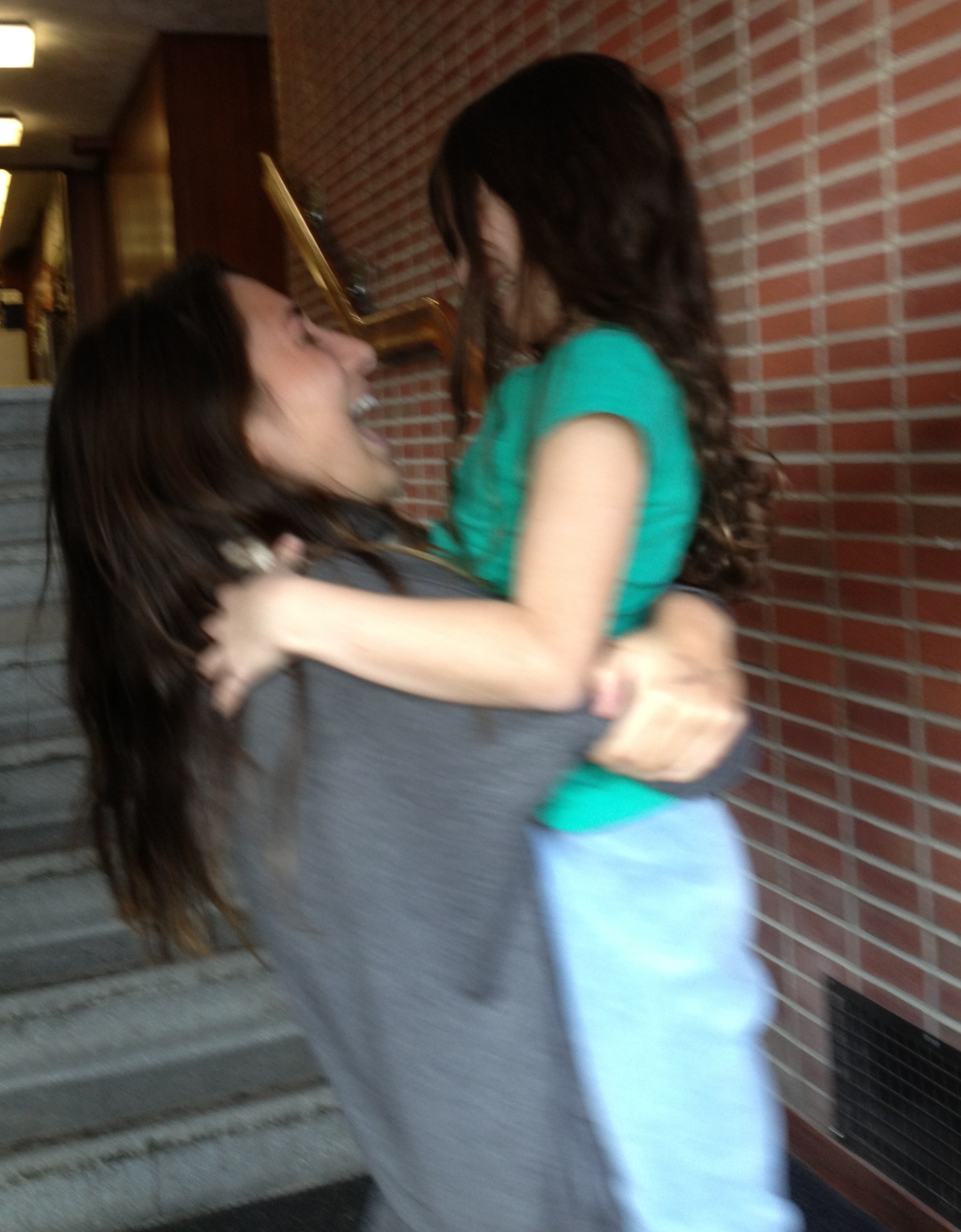

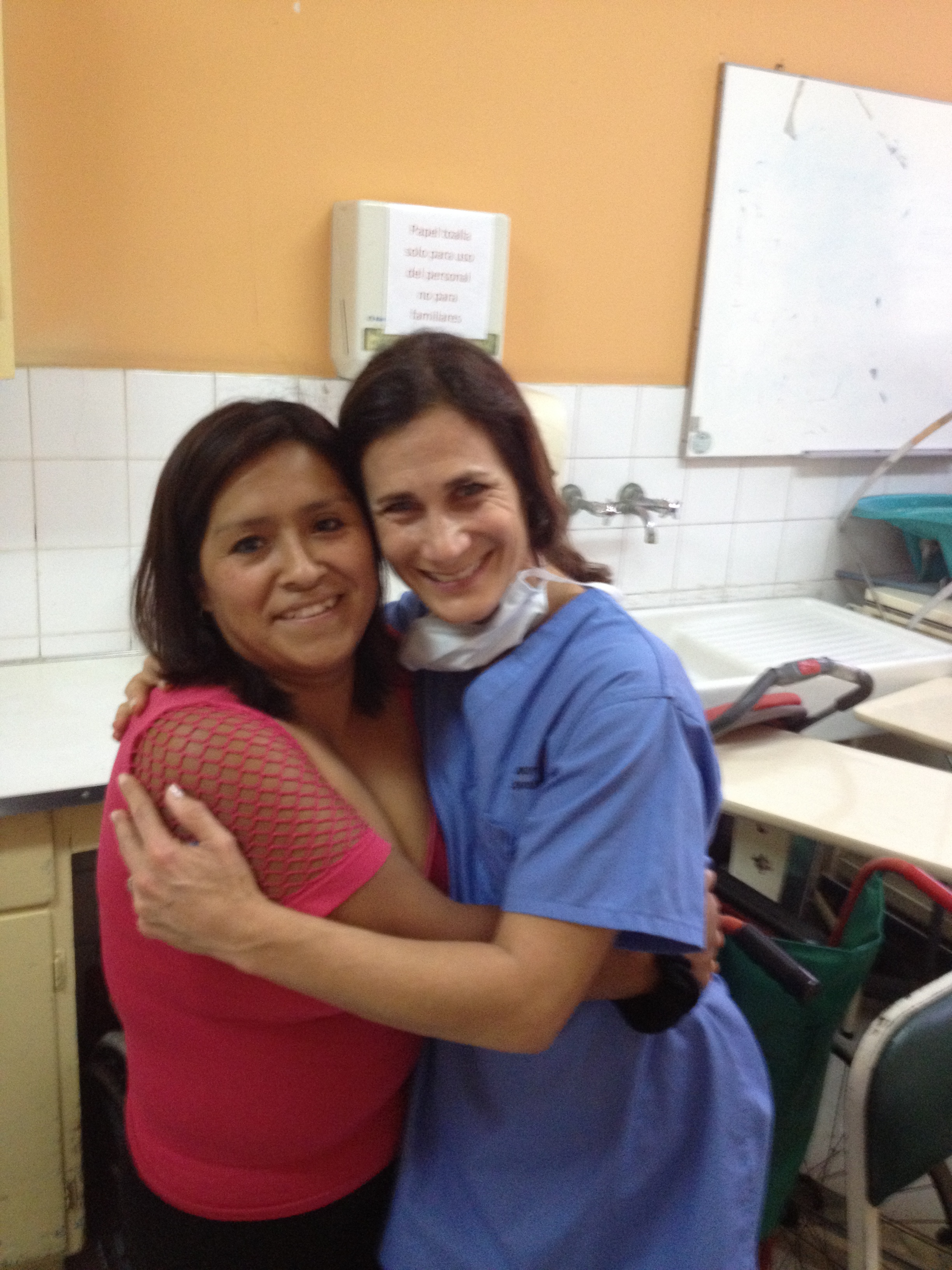

 “The angry man should make himself like a deaf person who does not hear, and like a mute person who does not talk. If he must speak, it should be in a low voice and with words of reconciliation. Even if his heart is burning like fire, and his rage flames within him, he is capable of controlling his words.” (by Rabbi Eliezer Papo from his essay entitled "Anger")
“The angry man should make himself like a deaf person who does not hear, and like a mute person who does not talk. If he must speak, it should be in a low voice and with words of reconciliation. Even if his heart is burning like fire, and his rage flames within him, he is capable of controlling his words.” (by Rabbi Eliezer Papo from his essay entitled "Anger")



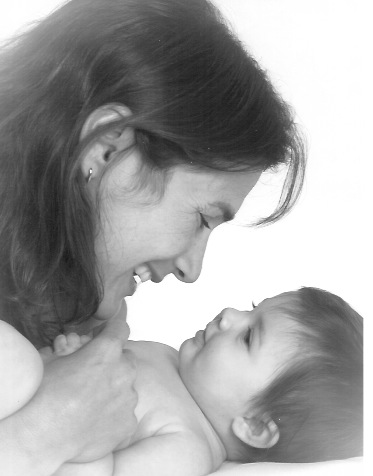
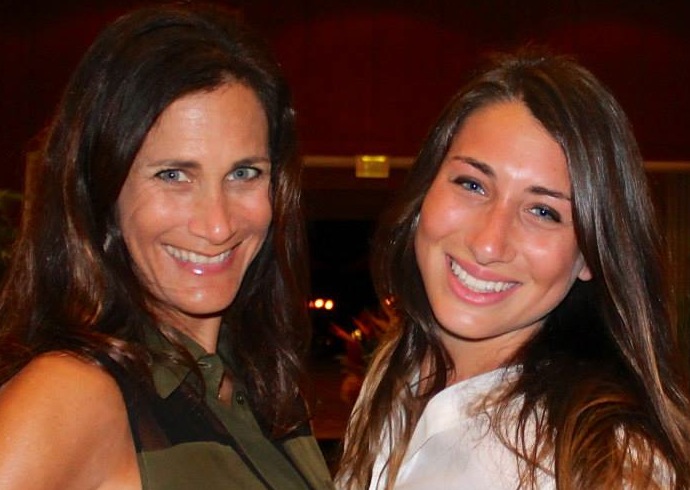 This is going to sound very unlike me since it was only four months ago that
This is going to sound very unlike me since it was only four months ago that 


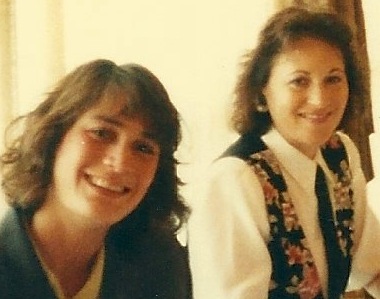 This has been an incredibly emotional and monumental week. Being a writer, there is one thing I am driven to do when my head and heart feel like they are going to simultaneously explode. For better or for worse (and I really hope it is for the better), I write. So, I broke down some of the extreme feelings that I have had over this past week into two categories and tried to make some sense out of them. I also tried to find the lessons in what I've experienced and would like to share some of my epiphanies/“ah-hah" moments with you:
This has been an incredibly emotional and monumental week. Being a writer, there is one thing I am driven to do when my head and heart feel like they are going to simultaneously explode. For better or for worse (and I really hope it is for the better), I write. So, I broke down some of the extreme feelings that I have had over this past week into two categories and tried to make some sense out of them. I also tried to find the lessons in what I've experienced and would like to share some of my epiphanies/“ah-hah" moments with you: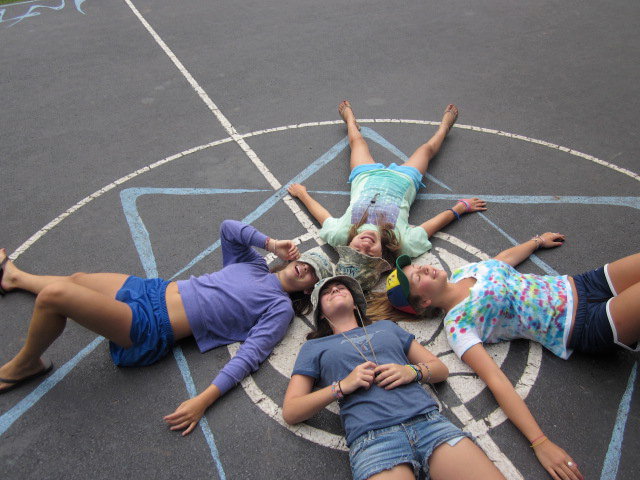 As a Minnesotan, December is the month when our landscape turns into a nasty frozen tundra, and it is difficult to savor the memories of the past summer or to believe that we will EVER be relieved of our constant state of FROZEN. But, of course, even though we sometimes have to wait until May, the thaw does come. My most notable December reminder of the warm hope of summer is delivered by envelopes and emails containing none other than…summer camp forms.
As a Minnesotan, December is the month when our landscape turns into a nasty frozen tundra, and it is difficult to savor the memories of the past summer or to believe that we will EVER be relieved of our constant state of FROZEN. But, of course, even though we sometimes have to wait until May, the thaw does come. My most notable December reminder of the warm hope of summer is delivered by envelopes and emails containing none other than…summer camp forms.
